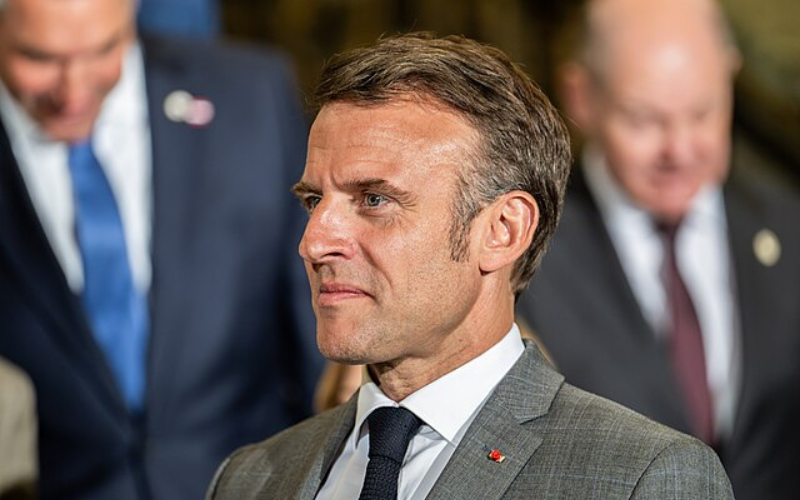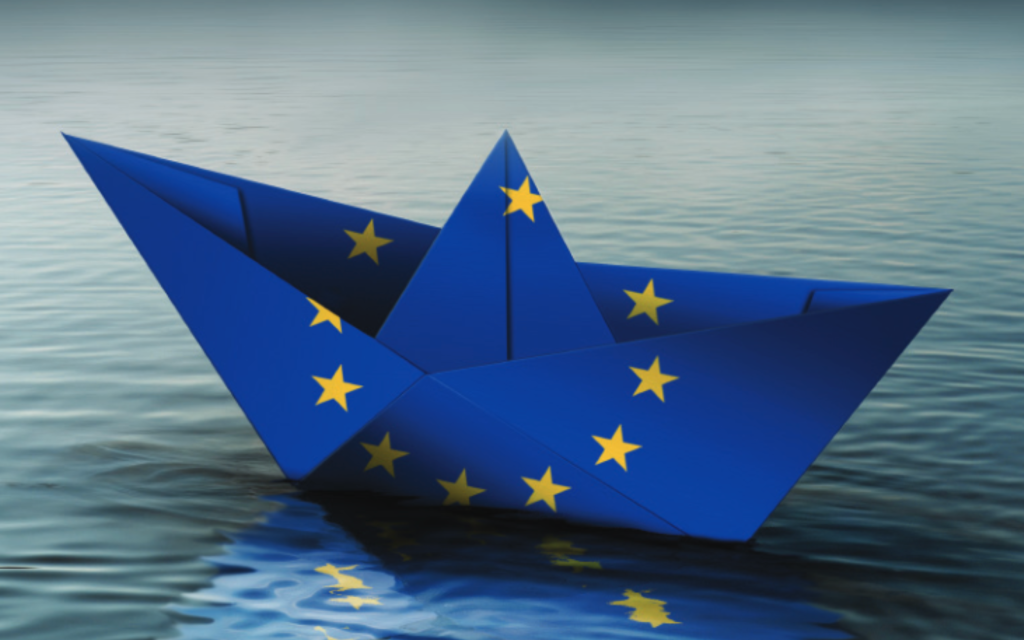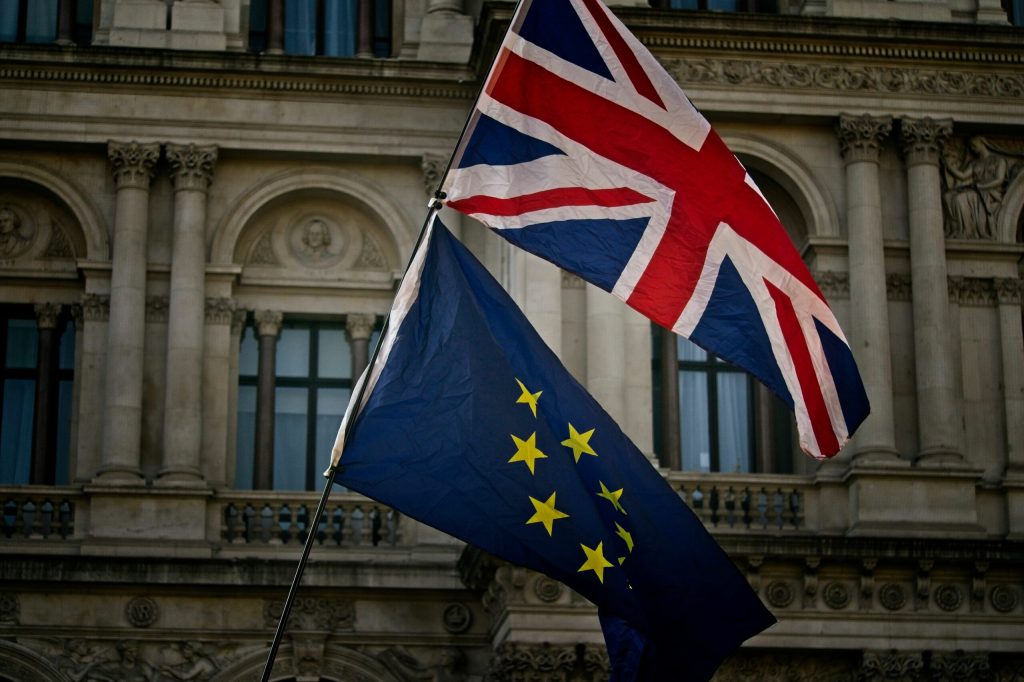Professor Philippe Marlière unpacks the results of the European election in France and discusses their impact on the French political landscape.
As expected, the Rassemblement National (RN) won the European election in France, receiving a resounding 31.4% of the share of the vote, and setting a new electoral high (up from 23.34%). President Macron’s Renaissance party secured a paltry 14.6% (down from 22.42%). The surprise came from a rejuvenated Parti Socialiste (PS) which came in third position and topped all left-wing forces in competition, with 13.8% (up from 6.19%). In fourth position came the left populist France Insoumise (LFI), 9.89% (up from 6.31%), then Les Républicains with 7.3% (down from 8.48%) and the Greens with 5.5% (down from 13.48%).
Three electoral outcomes are worthy of consideration. Firstly, RN is a political force which goes from strength to strength. Gone are the days when Jean-Marie Le Pen’s party was considered by the public a ‘fascist threat’.
Under the leadership of his daughter Marine, RN is now dominant in almost all categories of French society. It has strong support across all regions of France. Only big cities are still resisting this immense wave. The RN is the leading party in all age groups, bar the 18–24-year-olds, although it attracts considerable support from younger voters. RN is strong amongst blue-collar/white-collar workers, employees and professionals. A novelty is that retired people, Macron’s most faithful constituency so far, voted en masse for RN this time round.
Secondly, Renaissance’s abysmal result shows that popular support for Macron is on the wane. On this occasion, a significant fraction of former socialist voters, whom Macron had lured to the centre right in 2017 and 2022, came back to PS. Although opinion polls had long predicted a clear far right victory, the sheer magnitude of it sent shockwaves through the French political system. Shortly after the results were released, Macron announced the dissolution of the National Assembly and the organisation of a snap election. Macron’s announcement took everyone by surprise and completely overshadowed the European election night.
What does Macron hope for from this dissolution? We can imagine that he intends to win the election. This hypothesis seems far-fetched today: how could Renaissance win an absolute majority when it failed to do so in 2022 in the wake of Macron’s presidential re-election?
A third significant outcome of the elections is that Raphaël Glucksmann (who is not a socialist but runs a small party called Place Publique) led the PS list and managed to attract a significant number of voters who voted for Jean-Luc Mélenchon (populist left) and Macron in 2022. With less than 14% of the share of the vote, the PS has not recovered its dominant position on the left and in French politics altogether. However, it constitutes a major boost for a party that suffered two successive ‘car crashes’ at the presidential elections of 2017 and 20221. The European election has reshaped the balance on the left: the PS is for now the stronger left-wing party.
Glucksmann led a resolutely social democratic campaign: he is pro-European integration, he focused on flagship EU policies such as the Green Deal or taxation on the wealthy. He also strongly supports arming Ukraine (something that Jean-Luc Mélenchon’s LFI and the Communist Party largely object to).
Following the dissolution of parliament, the left, sensing the danger of a far-right victory at the general election, regrouped and launched a coalition called ‘Front Populaire’ (it was the name of an antifascist coalition and of a left-wing government in 1936) to salvage their seats and, notably, to stop the far right getting a majority in the House.
The PS joined the new coalition, but Glucksmann decided to opt out. To participate in the coalition, the MEP had set conditions such as the support to Ukraine and an end to insults and personal attacks (Glucksmann was the target of antisemitic attacks from quarters of the left during the campaign). These conditions were not taken on board by Front Populaire.
It is impossible to predict the outcome of this snap election. It is however expected that RN will make important gains, and that the united left will do well. Macron’s party might face important losses and the president’s gamble might terribly backfire.
Philippe Marlière is a Professor in French and European Politics at UCL (EISPS and SELCS) and a regular contributor to the UK and French media.
Featured image description: picture of Emmanuel Macron at a Reception at the Royal Palace ahead of the Special European Council Royale Palace
Featured image courtesy of belgium24.eu via Wikimedia Commons.
Note: The views expressed in this post are those of the author, and not of the UCL European Institute, nor of UCL.





Leave a comment